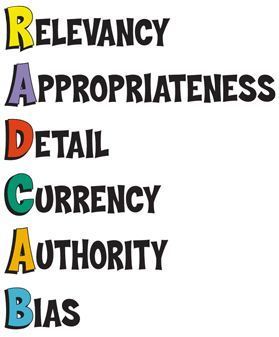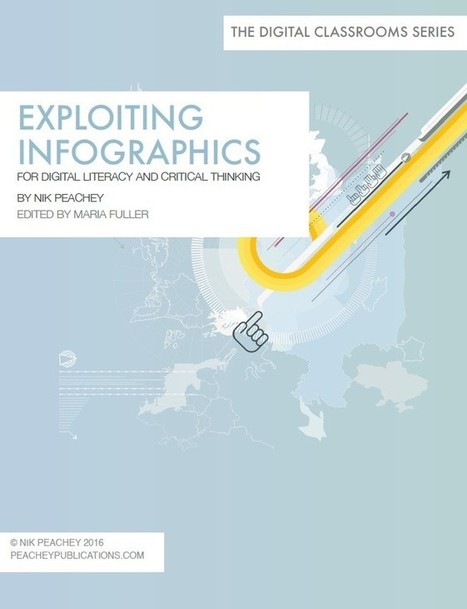Get Started for FREE
Sign up with Facebook Sign up with X
I don't have a Facebook or a X account
 Your new post is loading... Your new post is loading...
 Your new post is loading... Your new post is loading...

Cristin Kennedy's curator insight,
March 26, 2016 12:07 PM
Maha Bali's article is worth sharing widely with anyone who needs to be nudged ever so gently into the 21st century of education. (We're 16% through it, folks!) Bali addresses the need to teach about digital skills and literacy in an authentic context, not a vacuum, and gives many concrete examples for doing that.
I recently did a lesson on blogging with a 6th grade class. We looked at several tween and teen blogs, then reviewed good digital citizenship practices emphasizing student safety and copyright. Finally, each student created a blog on Blogger. Will they make mistakes? Probably. (When I specifically told them to keep it school appropriate, with nothing in the blog they wouldn't be allowed to do at school, and one student immediately started searching for "Call of Duty 3" images!) Will we all learn something from this? Absolutely. 
Natasha Georgiou's curator insight,
March 27, 2016 12:00 AM
Maha Bali's article is worth sharing widely with anyone who needs to be nudged ever so gently into the 21st century of education. (We're 16% through it, folks!) Bali addresses the need to teach about digital skills and literacy in an authentic context, not a vacuum, and gives many concrete examples for doing that.
I recently did a lesson on blogging with a 6th grade class. We looked at several tween and teen blogs, then reviewed good digital citizenship practices emphasizing student safety and copyright. Finally, each student created a blog on Blogger. Will they make mistakes? Probably. (When I specifically told them to keep it school appropriate, with nothing in the blog they wouldn't be allowed to do at school, and one student immediately started searching for "Call of Duty 3" images!) Will we all learn something from this? Absolutely. 
Martha Bongiorno's curator insight,
October 19, 2016 1:08 PM
Maha Bali's article is worth sharing widely with anyone who needs to be nudged ever so gently into the 21st century of education. (We're 16% through it, folks!) Bali addresses the need to teach about digital skills and literacy in an authentic context, not a vacuum, and gives many concrete examples for doing that.

Anthony Beal's curator insight,
July 30, 2013 9:01 AM
Includes the - RADCAB Rubric - Information (Self) Evaluation Assessment Tool 
Tina Jameson's curator insight,
August 1, 2013 7:52 PM
Good mnemonic for helping students evaluate websites. |

Nik Peachey's curator insight,
September 30, 2016 5:38 AM
My latest ebook in the Digital Classrooms Series.
Ttoo2's curator insight,
October 5, 2016 11:39 AM
Infographics are such a great differentiated way for kids to show what they know.

Susan Kelly's comment,
October 14, 2016 8:37 AM
Thanks. I'm eager to read this and wonder if you've included the BIg 6 Information Literacy Skills.

MarkgHolloway's curator insight,
October 28, 2013 5:32 AM
Brilliantly named framework. Glad I didn't see it in time to recommend to Yifan for her dissertation! 
carldowse's curator insight,
November 13, 2013 4:33 AM
A checklist to help trainers (and learners) think critically about online resources 
lisa waxman's curator insight,
January 25, 2015 9:50 PM
This is very helpful for teaching students about web literacy. If you teach middle school, you will appreciate the memorable acronym. |














